Description
Selected as a “Favorite Book for Educators by Greater Good.
From the author of Mindfulness for Teachers, a guide to supporting trauma-exposed students.
Fully half the students . schools have experienced trauma, violence, or chronic stress. In the face of this epidemic, it falls increasingly to teachers to provide the adult support these students need to function in school. But most educators have received little training to prepare them for this role.
In her new book, Tish Jennings―an internationally recognized leader in the field of social and emotional learning―shares research and experiential knowledge about the practices that support students’ healing, build their resilience, and foster compassion in the classroom. In Part I, Jennings describes the effects of trauma on body and mind, and how to recognize them in students’ behavior. In Part II, she introduces the trauma-sensitive practices she has implemented in her work with schools. And in Part III, she connects the dots between mindfulness, compassion, and resilience. Each chapter contains easy-to-use, practical activities to hone the skills needed to create a compassionate learning environment.

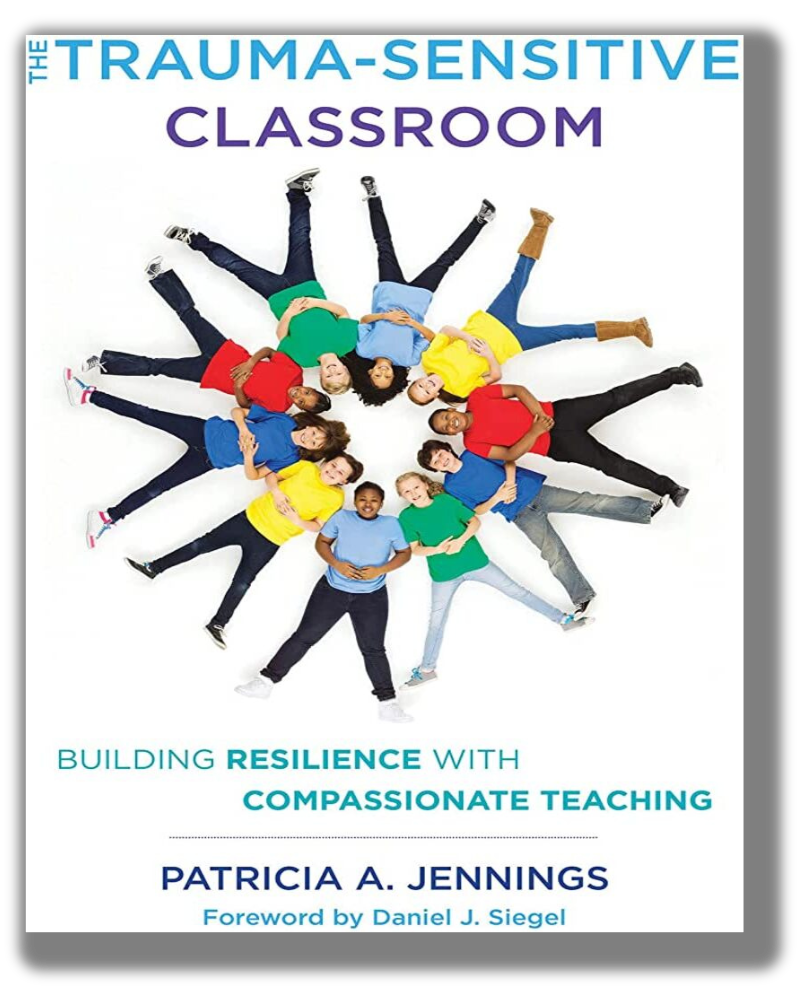
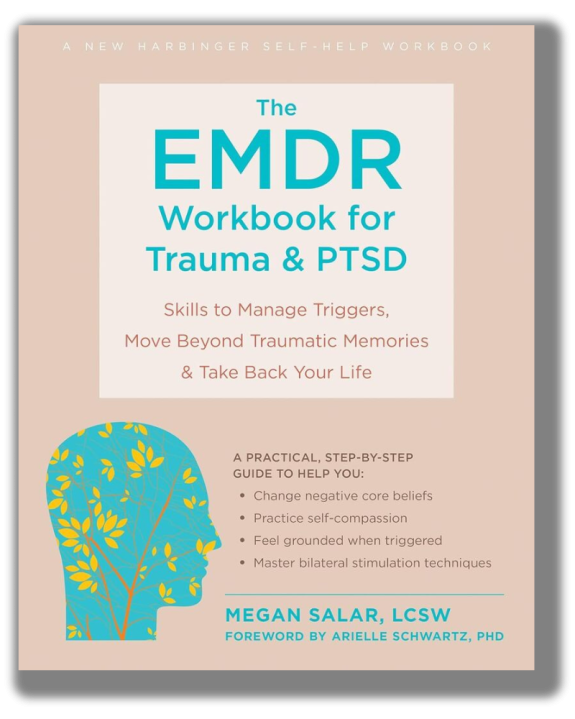
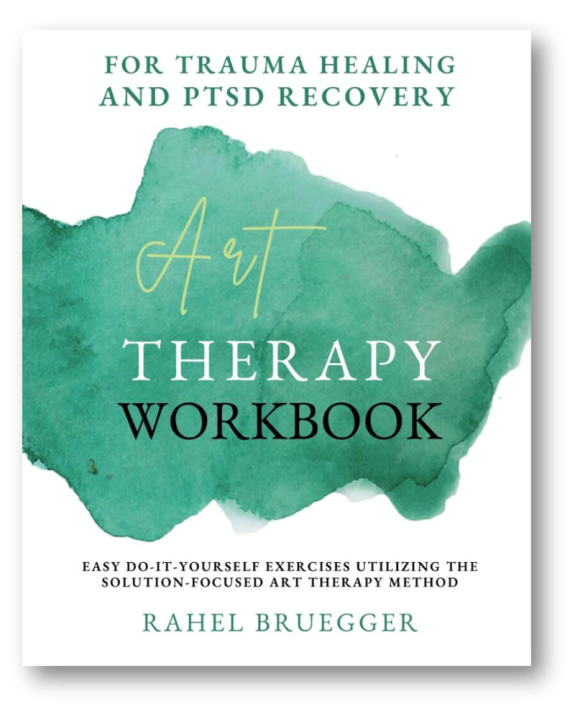
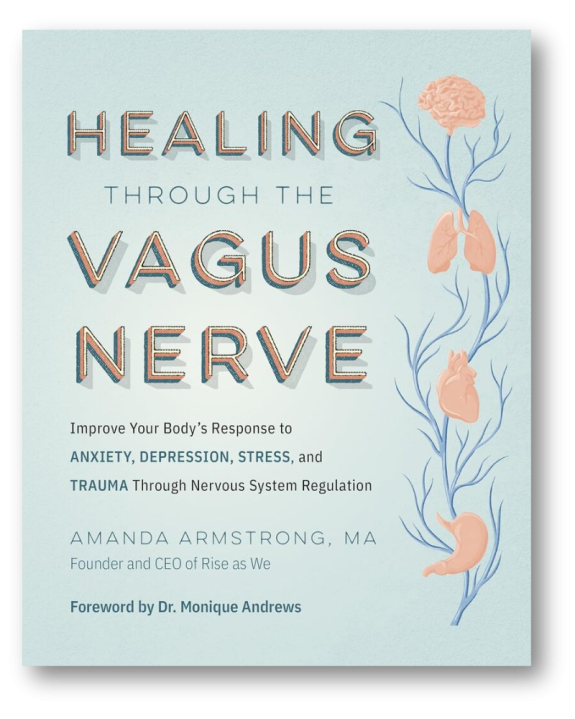
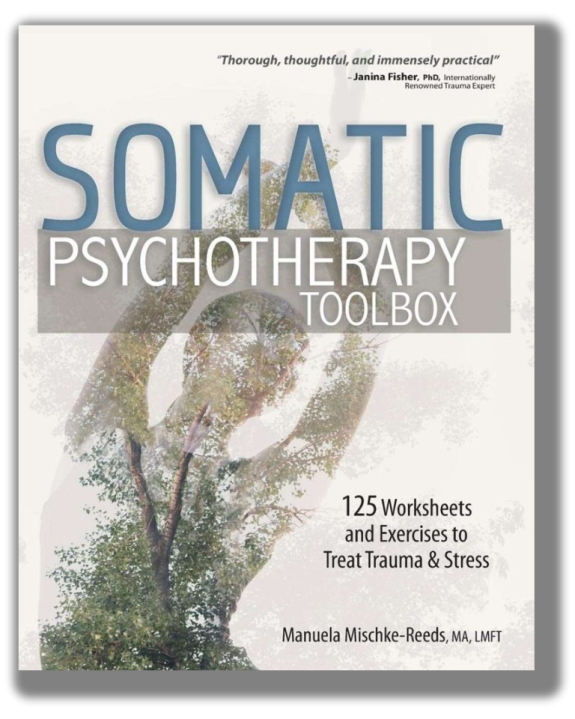
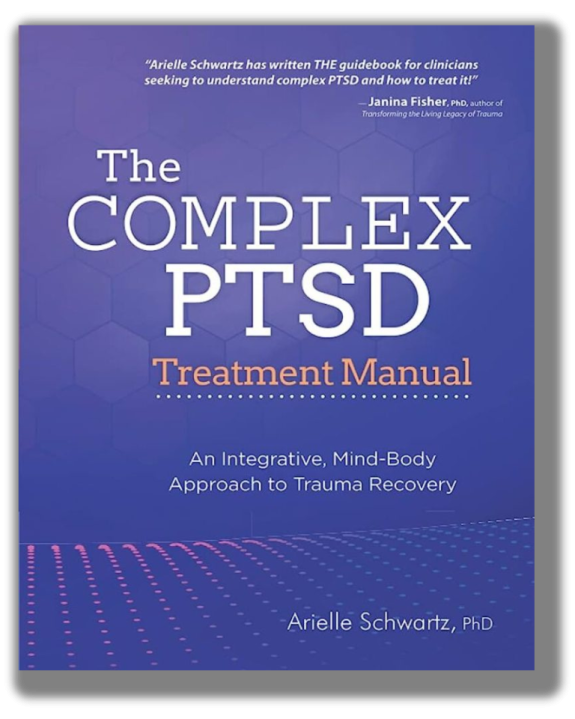
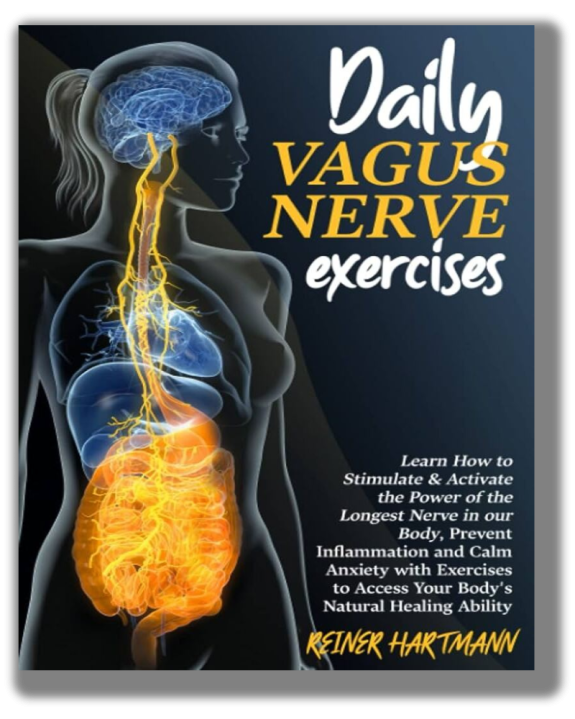
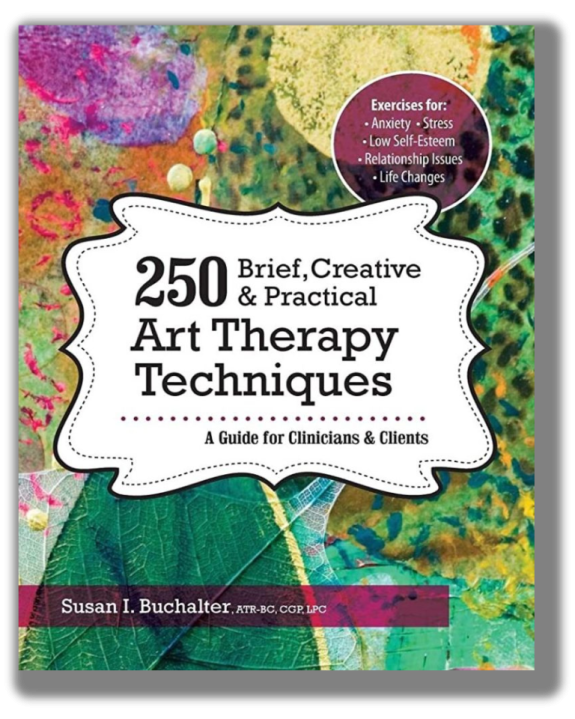
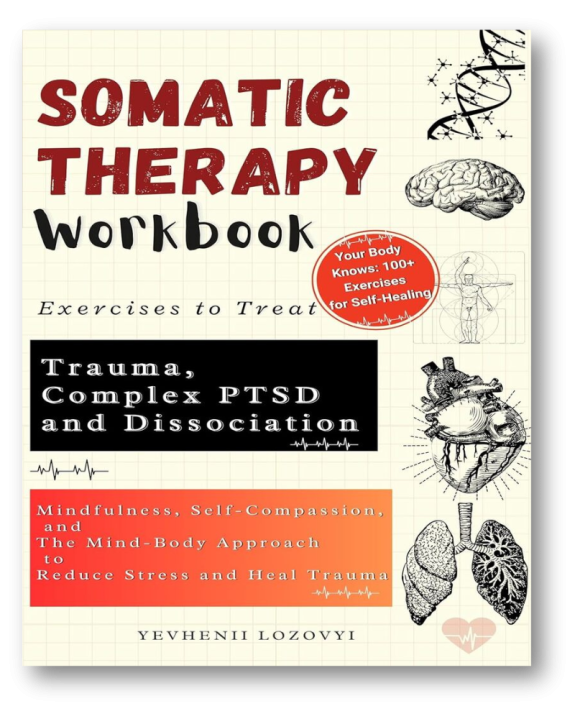
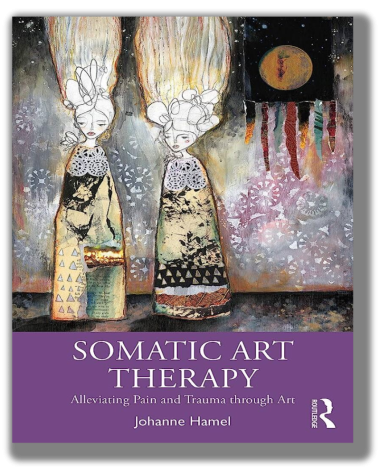
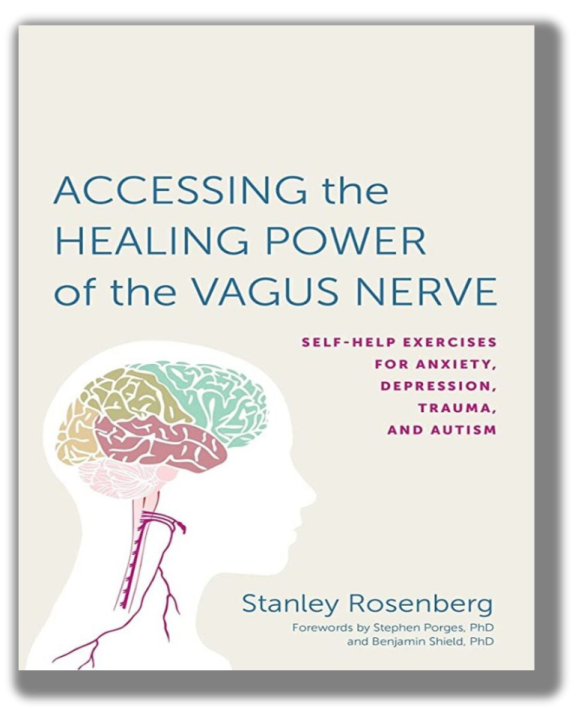
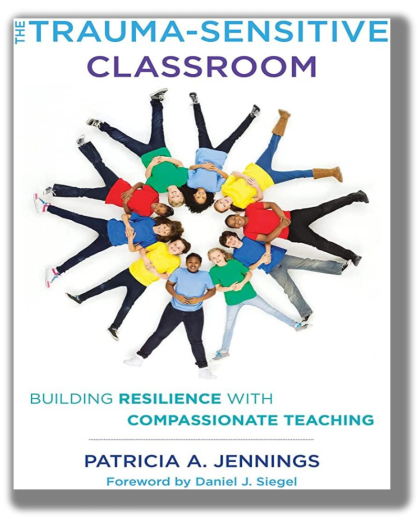
A little dry but good information
As a former foster child, current foster parent, and secondary and university educator, I love this book and I give it a heartfelt recommendation. This is a good read for anyone who is interested in going into teaching, who currently teaches, or who works alongside teachers in the profession. Kids are more and more anxious, they struggle with current and past trauma, and most teachers aren’t trained on how to handle it. This book is a great way to reflect on our current practices and also get in touch with ourselves in order to better serve students who have suffered traumatic experiences, or who could use some more socio-emotional support. Great read! It should be a part of any classroom management course.
This book is a must have for all educators. It discusses how students from adversity present themselves in the classroom. It also discusses what we as teachers can do to help these students cope with their difficulties. I have found the 8nformation in 5his book to be invigorating and very helpful to me. I am currently using the information gained in this book to update my classroom management plan and overall teaching practices.
Patricia Jennings highlights the need for educators to understand ways to support students with adverse childhood experiences (ACEs). Drawing on her many years of mindfulness and other contemplative practices, Tish shows us the way to more connected, compassionate relationships and calm, focused, attentive students. A must read!
Have worked in the special education field for 27 years. Get for all teachers, assistants and those working with children of all ages!